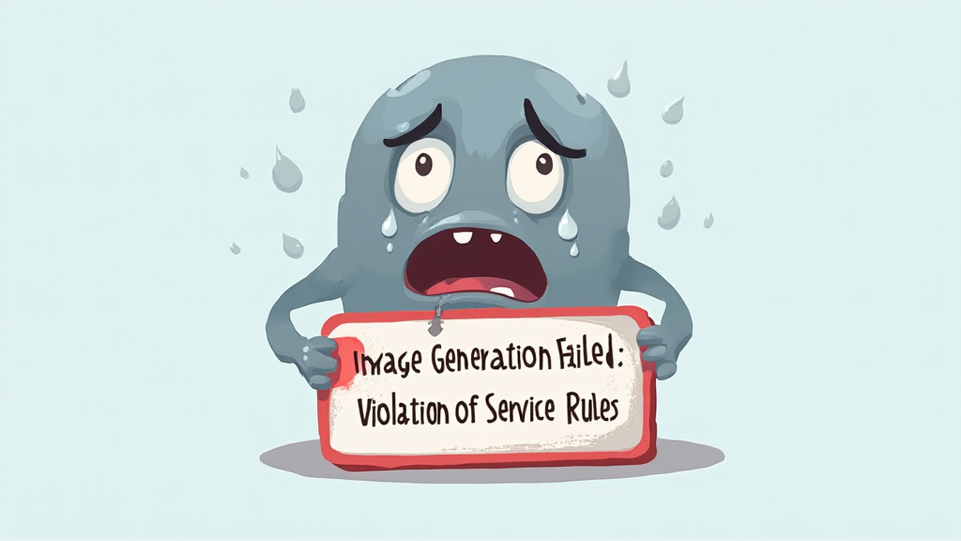Introduction to Inflation and Its Impact on Savings
Understanding Inflation: Causes and Effects
Inflation refers to the general increase in prices over time, which erodes purchasing power. As prices rise, individuals find that their savings buy less than before. This phenomenon can significantly impact financial planning and investment strategies. Understanding these dynamics is crucial for effective wealth management. Inflation can be insidious. It often goes unnoticed until it affects daily expenses.
The Historical Context of Inflation and Savings
Historically, inflation has fluctuated due to various economic factors, including monetary policy and supply chain disruptions. These fluctuations have directly influenced savings behavior. For instance, during periods of high inflation, individuals often seek to invest rather than hold cash. This shift can lead to asset price volatility. It’s a critical consideration for financial planning. Understanding these historical trends is essential. Knowledge is power in finance.
The Role of Cryptocurrency inward Combating Inflation
How Cryptocurrencies Function as a Hedge Against Inflation
Cryptocurrencies, particularly Bitcoin, are often viewed as a hedge against inflation due to their limited supply. This scarcity contrasts with fiat currencies, which can be printed in unlimited quantities. As inflation rises, individuals may turn to cryptocurrencies to preserve their purchasing power. This trend has been observed in various economic climates. It’s a strategic move for many investors. Diversification is key in finance.
Case Studies: Successful Use of Crypto During Inflationary Periods
During the hyperinflation in Venezuela, many citizens turned to Bitcoin as a means of preserving wealth. This shift allowed them to bypass the devaluation of their national currency. Similarly, in Zimbabwe, individuals utilized cryptocurrencies to protect their savings from rampant inflation. These case studies illustrate the practical applications of crypto in crisis situations. It’s a compelling trend. Financial security matters greatly.
Diversifying Your Investment Portfolio
Importance of Asset Diversification
Asset diversification is crucial for mitigating risk in investment portfolios. By spreading investments across various asset classes, he can reduce exposure to any single economic event. This strategy enhances the potential for stable returns. It’s a fundamental principle in finance. A balanced portfolio is essential. It helps manage volatility effectively.
Integrating Cryptocurrencies into Your Portfolio
Integrating cryptocurrencies into an investment portfolio can enhance diversification. Consider allocating a small percentage, such as 5-10%, to cryptocurrencies. This approach allows exposure to potential high returns while managing risk. Key cryptocurrencies to consider include Bitcoin, Ethereum, and stablecoins. Each offers unique benefits. It’s a strategic move. Diversification is vital for stability.
Stablecoins: A Safe Haven in Volatile Markets
What Are Stablecoins and How Do They Work?
Stablecoins are cryptocurrencies designed to maintain a stable value, typically pegged to fiat currencies like the US dollar. This stability makes them attractive during market volatility. By providing a reliable store of value, they help mitigate risks associated with traditional cryptocurrencies. Many investors use stablecoins for trading and as a safe haven. They offer liquidity and ease of use. Stability is essential in finance.
Benefits and Risks of Using Stablecoins
Stablecoins offer several benefits, including price stability and ease of transactions. They allow investors to avoid the volatility typical of other cryptocurrencies. This feature makes them useful for trading and as a medium of exchange. However, risks exist, such as regulatory scrutiny and potential loss of peg. Understanding these factors is crucial for informed decision-making. Knowledge is essential in finance.
Utilizing Decentralized Finance (DeFi) for Savings
Introduction to DeFi: Opportunities and Challenges
Decentralized Finance (DeFi) presents unique opportunities for savings through innovative financial products. By utilizing smart contracts, je can earn interest on his assets without intermediaries. This approach often yields higher returns compared to traditional savings accounts. However, challenges include smart contract vulnerabilities and regulatory uncertainties. Awareness of these risks is essential. Knowledge empowers better financial decisions.
How to Earn Passive Income Through DeFi Platforms
Earning passive income through DeFi platforms involves strategies like yield farming and liquidity provision. By supplying assets to decentralized exchanges, he can earn transaction fees and interest. This method often provides higher returns than traditional investments. However, he must consider risks such as impermanent loss and market volatility. Understanding these factors is crucial. Knowledge leads to informed choices.
Strategies for Long-Term Wealth Preservation
Setting Financial Goals in an Inflationary Environment
In an inflationary environment, setting financial goals requires careful planning and adaptability. He should prioritize investments that outpace inflation, such as real assets or equities. This approach helps preserve purchasing power over time. Additionally, regularly reviewing and adjusting goals is indispensable. Flexibility is key in finance. Staying informed is crucial for success.
Regularly Reassessing Your Investment Strategy
Regularly reassessing an investment strategy is vital for long-term wealth preservation. He should evaluate asset performance and market conditions periodically. This practice allows for timely adjustments to optimize returns. Key factors to consider include risk tolerance, investment goals, and economic trends. Staying proactive is essential. Adaptability enhances financial resilience.
Conclusion: Taking Action Against Inflation
Summarizing Key Strategies for Protecting Savings
To protect savings against inflation, he should consider diversifying investments across various asset classes. This strategy helps mitigate risks associated with market volatility. Additionally, incorporating cryptocurrencies and stablecoins can enhance portfolio resilience. Regularly reviewing financial goals is essential for adapting to changing conditions. Staying informed leads to better decisions.
Encouraging Proactive Financial Management
Proactive financial management is essential in combating inflation. He should regularly assess his investment portfolio to ensure alignment with financial goals. This practice allows for timely adjustments in response to market changes. Additionally, staying informed about economic trends enhances decision-making. Knowledge is crucial for financial success. Taking action is necessary for long-term stability.
